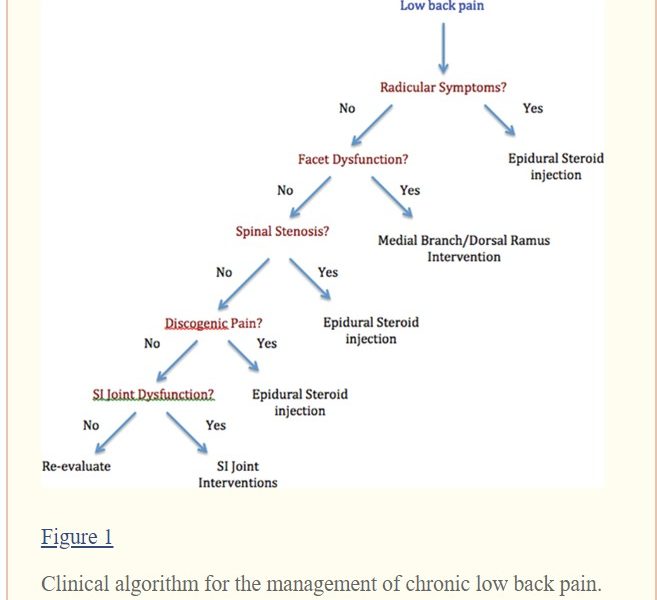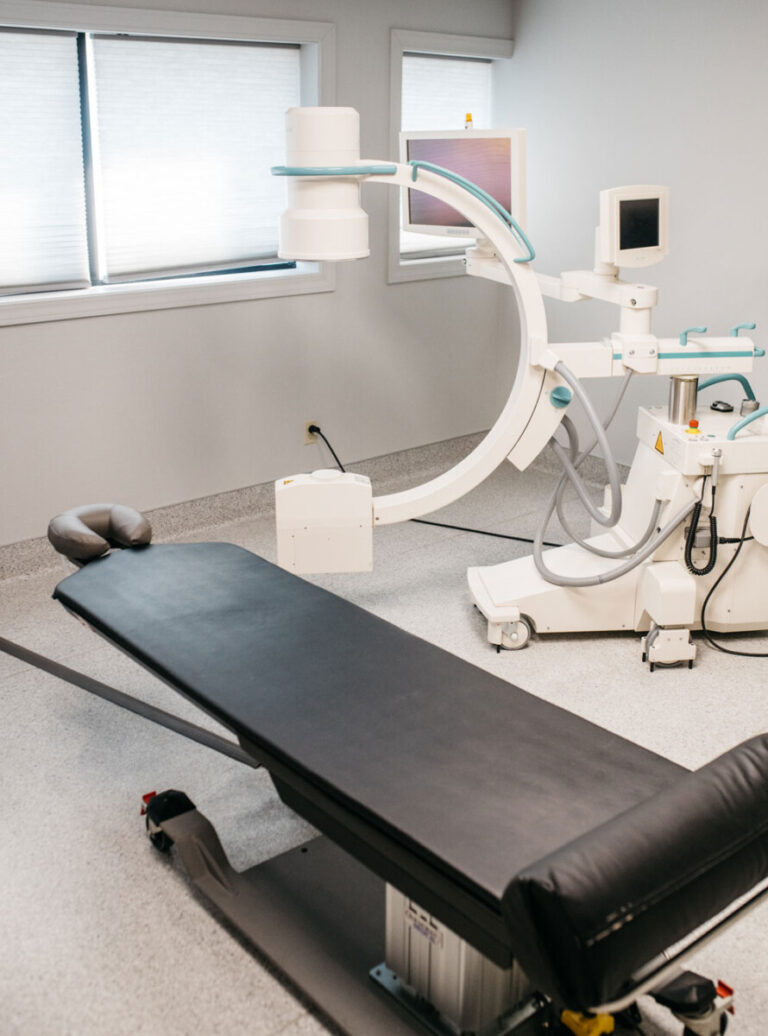
Unlocking Relief: The Power of Interventional Pain Management
Living with chronic pain can be incredibly debilitating, affecting every aspect of daily life. From limiting mobility to impacting mental health, persistent pain can significantly reduce a person’s quality of life. While medication and physical therapy may provide some relief, for many individuals, these treatments are not enough. This is where interventional pain management comes in.
What is Interventional Pain Management?
Interventional pain management is a multidisciplinary approach to treating pain that involves specialized procedures to target the source of discomfort. Unlike traditional pain management techniques that focus on medication or physical therapy, interventional procedures directly address the underlying cause of pain. These procedures are often minimally invasive and can provide both short-term and long-term relief.
Common Interventional Pain Management Procedures
Read more about interventional pain management procedures here.
There are a variety of interventional pain management procedures that can be tailored to each individual’s needs. Some common procedures include:
- Spinal Injections: Injections of medication around the spinal cord can help relieve pain caused by inflammation or nerve irritation.
- Nerve Blocks: Blocking specific nerves with medication can provide temporary relief from pain in certain areas of the body.
- Radiofrequency Ablation: This procedure uses heat to disrupt nerve signals responsible for transmitting pain.
- Intrathecal Pump Implantation: Implanted pumps deliver medication directly to the spinal cord, offering targeted pain relief.
These procedures are typically performed by interventional pain management specialists who have extensive training in targeting and treating pain at its source.
Benefits of Interventional Pain Management
One of the main advantages of interventional pain management is its ability to provide targeted relief, allowing patients to experience significant improvement in their pain symptoms. By directly addressing the source of discomfort, individuals may be able to reduce their reliance on medications and improve their overall quality of life. Additionally, many interventional procedures are minimally invasive and have a low risk of complications, making them a safe and effective option for managing chronic pain.
If you are struggling with chronic pain that has not responded to traditional treatments, interventional pain management may provide the relief you need to reclaim your life. Consult with a pain management specialist to determine if interventional procedures are right for you.
Remember, you don’t have to suffer in silence. With interventional pain management, relief is possible.





